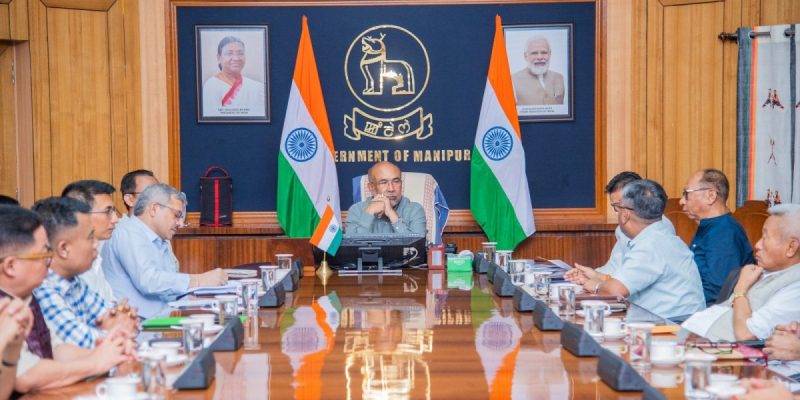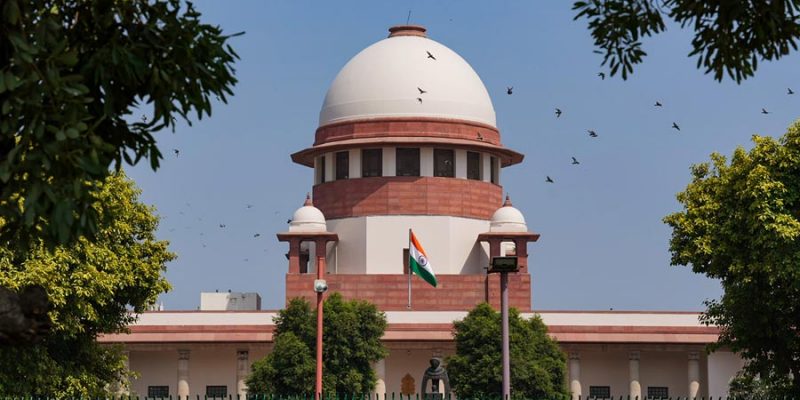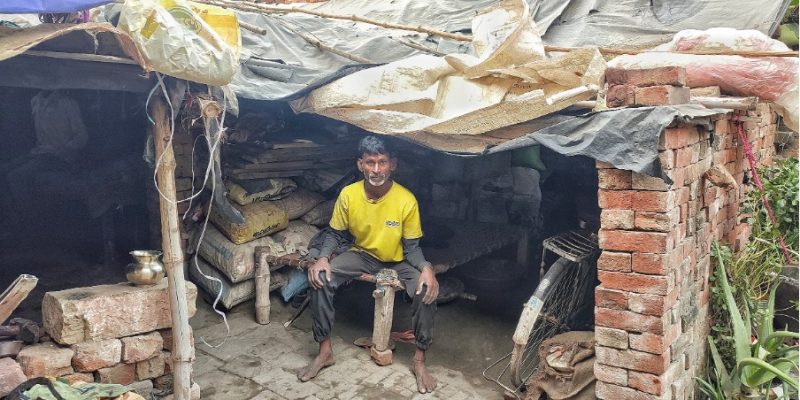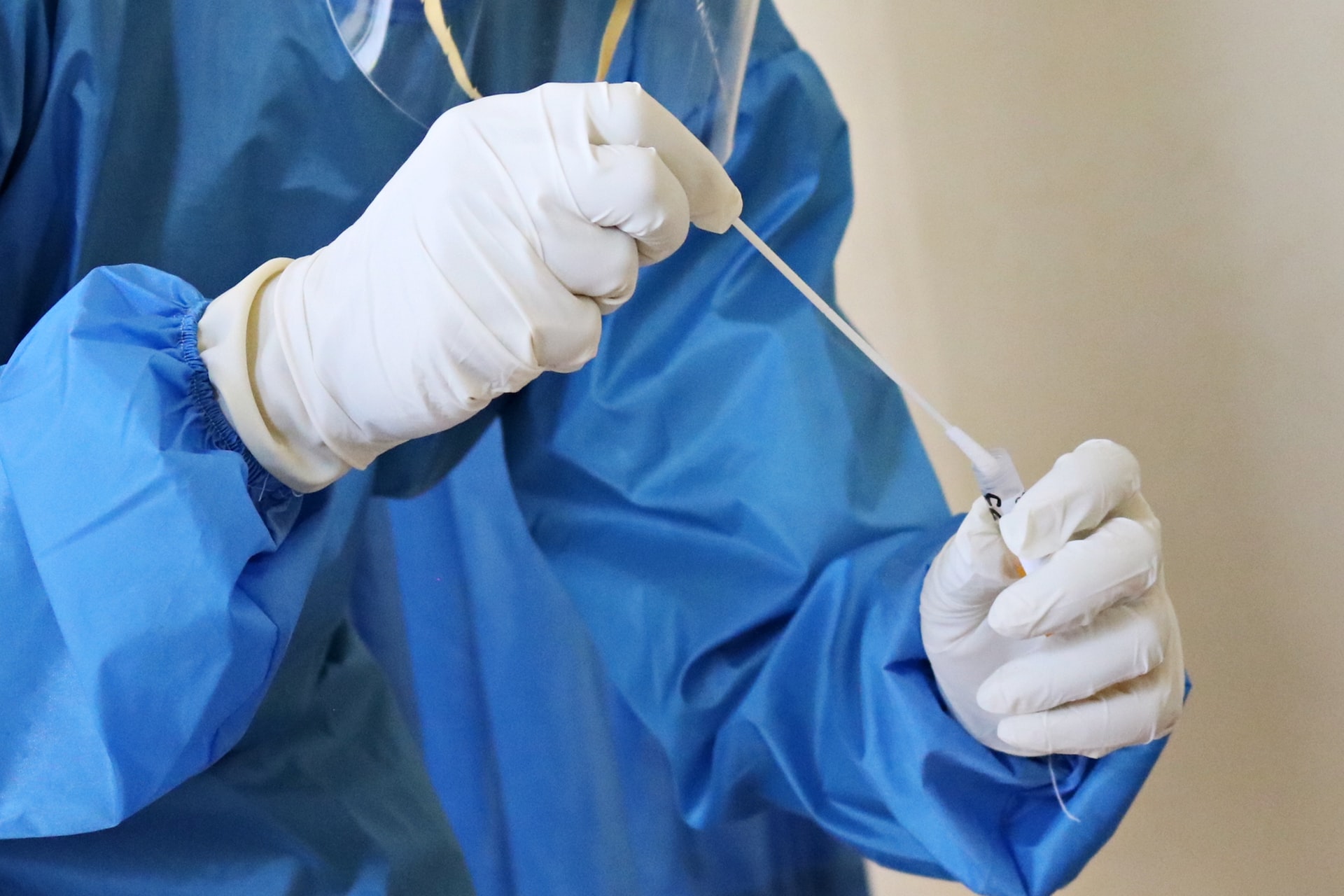‘Don’t Argue Cases for Terror Accused’: Why Gujarat Minister’s Advice to Law Students Is Wrong
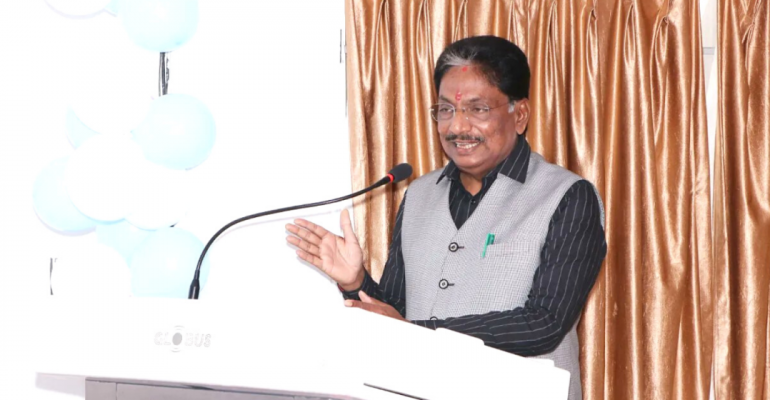
In a workshop with the vice-chancellors of major universities in India, Rushikesh Patel, the minister in charge of two of the most crucial portfolios in the state of Gujarat, namely higher education, and law and justice, declared, “Currently, the future of India is in the hands of youths. If you are teaching law, then such values should be instilled in them as ethics to not take up the cases of people connected with terrorist activities as it damages the country.”
His address to India’s vice-chancellors and educationists in the workshop, that was virtually inaugurated by the Prime Minister, dissuading the law students from taking up cases of people participating in ‘terrorist’ activities is a dangerous proposition, not only undermining the two ministries he is in charge of but also fueling sentiments dangerous to the institutions that have been laboriously built.
Presumption of guilt
The minister’s comment essentially tells the young law students to assume an accused as guilty and pass a moral judgment on an accused based on what he has been charged with by an investigating agency. Adjudicating somebody as guilty simply based on information collected by the investigating agency is in itself problematic. The assumption of guilt is also fundamentally at odds with India’s criminal and constitutional law, which presumes innocence before convicting an individual.
His statement also severely undermines the purpose of establishing the prominent National Law Universities in India, which were established in the 1980s to create specialised schools dealing with and engaging with the law and to create an excellent stream of lawyers who would serve the cause of justice and contribute to making the law accessible to all.

Representative image. Photo: Sora Shimazaki/Pexels.
The minister appears to seek to reverse that by training a new generation of young lawyers in India to believe everything the country’s investigative agencies say. What is problematic is the argument that when it comes to terrorism, we should all agree to disregard the guarantees of the constitution that entitle every accused to legal representation and a fair trial.
By claiming that it is ‘ethical’ not to take on such cases because it ‘damages’ the country, young lawyers are being asked to forsake their legal and constitutional duty to defend the accused. The statement of the minister essentially shows the impatience with due process of law and the increasing impunity afforded to those who claim themselves to be the custodians of national security.
Increase in the use of anti-terror laws
What is fundamentally incorrect here is the idea that all people charged with terrorism are ‘terrorists’. The desire to push this story stems from the current government’s desperation, as there has been a surge in terrorism cases brought against students, activists, and journalists, among others. One merely needs to look at the rise in anti-terror laws and Unlawful Activities (Prevention) Act (UAPA) cases in recent years.
According to the NCRB’s 2022 crime report, there has been a 17.9% increase in UAPA, with a total of 1,005 cases documented across the country in 2022. This represents a significant increase from 2021, when 814 instances were reported, to 796 cases in 2020.
Furthermore, the very low number of convictions in these cases shows how unfairly and viciously people are punished in these cases, forcing them to spend years in prison because bail is impossible to obtain. In most cases, the botched-up investigation damages the crucial years of persons accused under these severe laws. According to data released by the Ministry of Home Affairs, of 4,690 people arrested between 2018 and 2020, only 3% were convicted.
The liberty of a citizen is at the heart of a constitutional democracy, and we need both a watchful judiciary providing a check and balance on the unrestricted powers of investigating agencies and fearless lawyers who represent the accused in court. Without both, democracy would fall into the hands of authoritarians eager to stifle due process. As a result, the courts and law schools must not disregard the warning signs on the wall. It is even more critical today that law schools cultivate a tigerish breed of young lawyers who are gutsy enough to fight the good fight on behalf of people wrongfully charged.
Kawalpreet Kaur is a practicing lawyer based in Delhi. She is also associated with the Human Rights Law Network, Delhi.


